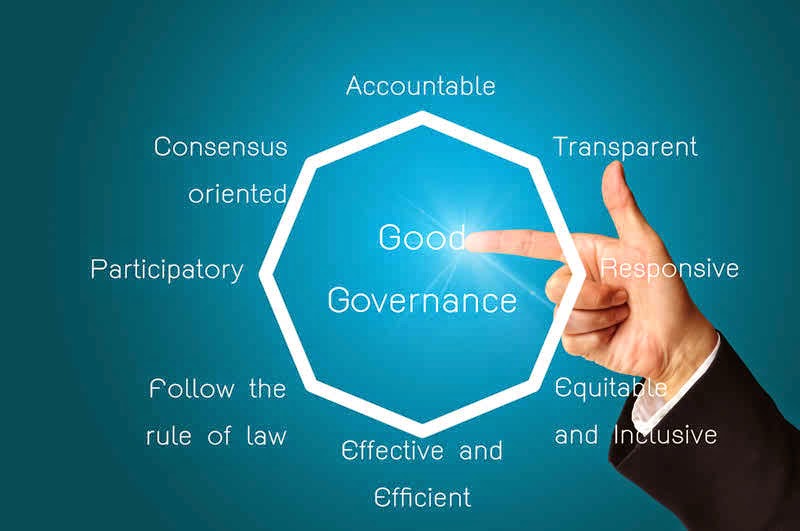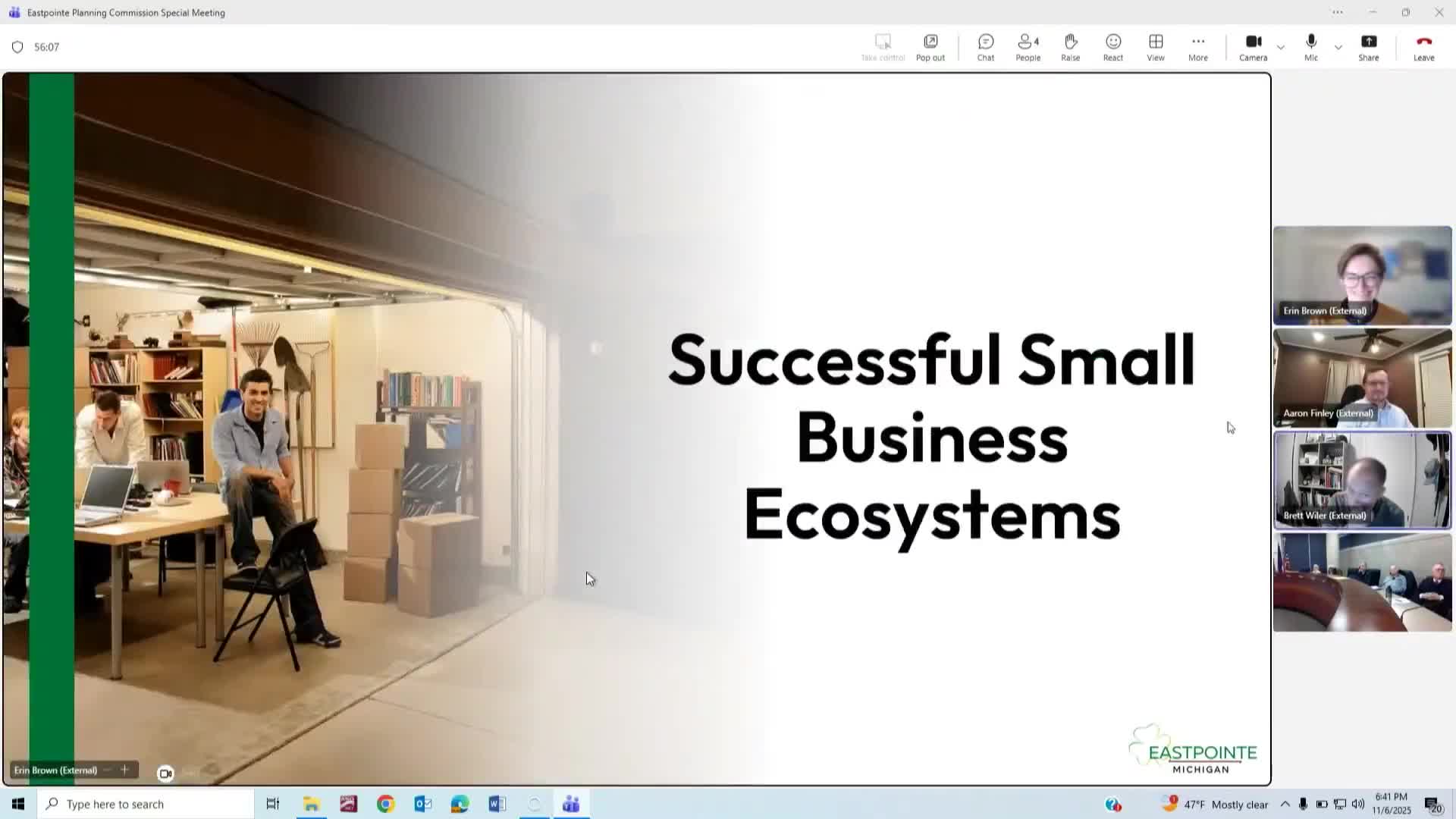Vietnam Considers Five-Year Visa Exemptions to Attract Global Talent and Boost Economic Growth – Travel And Tour World

Report on Vietnam’s Proposed Five-Year Visa Exemptions
A Strategic Initiative for Sustainable Socio-Economic Development
The government of Vietnam is considering a new policy to grant five-year visa exemptions to select foreign nationals. This proposal is designed to attract high-level international talent to stimulate socio-economic growth, directly aligning with Vietnam’s commitment to the United Nations’ Sustainable Development Goals (SDGs).
Policy Framework and Alignment with SDG 8
The initiative aims to create an environment conducive to long-term contributions from foreign experts, thereby fostering decent work and sustainable economic growth as outlined in SDG 8.
Key Provisions of the Proposal
- Long-Term Visa Exemptions: Eligible foreign professionals would be granted visa-free status for up to five years.
- Extended Stay Duration: Each visit would permit a stay of up to 90 days, a significant increase from the current 45-day limit for many nationalities.
- Targeted Expertise: The policy is specifically aimed at individuals whose skills can accelerate progress in strategic sectors.
Contribution to the Sustainable Development Goals (SDGs)
The proposed visa policy is a multi-faceted strategy that supports several key SDGs beyond economic growth.
SDG 9: Industry, Innovation, and Infrastructure
By focusing on attracting professionals in digital technology, semiconductors, and IT, the policy directly supports SDG 9. The influx of expertise is expected to upgrade Vietnam’s technological capabilities, foster innovation, and promote the development of resilient and sustainable infrastructure.
SDG 4: Quality Education
The initiative seeks to attract university professors and top-tier researchers. This will enhance the quality of Vietnam’s higher education and research institutions, contributing to SDG 4 by improving educational outcomes and fostering lifelong learning opportunities for the local population through knowledge transfer.
SDG 17: Partnerships for the Goals
This policy acts as a mechanism for strengthening global partnerships (SDG 17). It facilitates the international mobility of skilled individuals, promoting the exchange of knowledge, expertise, and technology, which are critical for achieving the 2030 Agenda for Sustainable Development.
Targeted Sectors and Professional Roles for Sustainable Advancement
The government has identified specific sectors and professional roles that are critical to achieving its sustainable development objectives.
Strategic Sectors
- Digital Technology and Semiconductors: Essential for building a modern, innovative economy in line with SDG 9.
- Creative Industries: Important for fostering cultural development and a diverse, inclusive economy, contributing to SDG 11 (Sustainable Cities and Communities).
Beneficiary Professional Categories
- CEOs and Business Leaders: To drive investment and steer economic growth in high-impact industries.
- Scientists and University Professors: To advance national research capabilities and elevate educational standards (SDG 4).
- Engineers and IT Professionals: To build the technological infrastructure required for a sustainable future (SDG 9).
- Creative Industry Professionals: To enrich Vietnam’s cultural landscape and develop a globally competitive creative economy.
Projected Impacts on National Development
The long-term visa exemption policy is projected to have a transformative effect on Vietnam’s sustainable development trajectory.
Economic and Technological Advancement
The influx of foreign talent is expected to enhance Vietnam’s global competitiveness, particularly in high-tech industries. This directly contributes to the targets of SDG 8 by promoting sustained, inclusive, and sustainable economic growth.
Human Capital Development
A primary benefit will be the transfer of knowledge and skills to the local workforce. This capacity building is crucial for creating a resilient and skilled labor market, supporting the long-term goals of SDG 4 and SDG 8.
Conclusion
Vietnam’s proposed visa exemption policy represents a strategic move to leverage global talent for national development. By focusing on key sectors and aligning with core principles of the Sustainable Development Goals, the initiative is positioned to strengthen Vietnam’s economy, foster innovation, and build a more sustainable and prosperous future.
SDGs Addressed in the Article
SDG 8: Decent Work and Economic Growth
- The article’s central theme is Vietnam’s proposal to grant long-term visa exemptions to attract foreign professionals to “boost Economic Growth” and contribute to “Vietnam’s socio-economic development.” The policy aims to create a “dynamic and competitive workforce” by attracting talent to high-impact sectors.
SDG 9: Industry, Innovation and Infrastructure
- The initiative heavily focuses on attracting experts in “high-impact sectors, including digital technology Vietnam, semiconductors, and the creative industries Vietnam.” The goal is to advance the nation’s infrastructure, improve competitiveness, and establish Vietnam as a “global leader in digital innovation.”
SDG 4: Quality Education
- The policy aims to attract “university professors” to “enhance its scientific research and education systems.” Furthermore, a key expected outcome is that the “sharing of knowledge and expertise will also boost the skills of local professionals,” which contributes to lifelong learning and skill development.
SDG 17: Partnerships for the Goals
- The entire proposal is a form of international partnership for development. It seeks to “foster collaboration between international experts and local industries” and promote the “sharing of knowledge and expertise” to achieve national development goals.
Specific SDG Targets Identified
Targets for SDG 8: Decent Work and Economic Growth
- Target 8.2: Achieve higher levels of economic productivity through diversification, technological upgrading and innovation. The article directly supports this by stating the policy focuses on “high-impact sectors, including digital technology Vietnam, semiconductors,” and aims to make Vietnam a “global leader in digital innovation.”
- Target 8.3: Promote development-oriented policies that support productive activities, decent job creation, entrepreneurship, creativity and innovation. The visa exemption proposal is a “development-oriented policy” designed to foster a “thriving creative economy” and an “environment of innovation and cultural exchange.”
Targets for SDG 9: Industry, Innovation and Infrastructure
- Target 9.5: Enhance scientific research, upgrade the technological capabilities of industrial sectors. The article highlights the goal of attracting “scientists, university professors, engineers, and IT professionals” to “enhance its scientific research” and help “develop cutting-edge solutions to drive the country’s tech industry forward.”
- Target 9.b: Support domestic technology development, research and innovation in developing countries. The policy aims to “boost the skills of local professionals” through collaboration with foreign experts, which directly supports the development of domestic technological capacity.
Targets for SDG 4: Quality Education
- Target 4.4: Substantially increase the number of youth and adults who have relevant skills, including technical and vocational skills, for employment. The article states that the influx of foreign talent will “boost the skills of local professionals, creating a more capable workforce for the future.”
Targets for SDG 17: Partnerships for the Goals
- Target 17.6: Enhance international cooperation on and access to science, technology and innovation and enhance knowledge sharing. The proposal is a mechanism to facilitate this by bringing in foreign experts for the explicit purpose of “sharing of knowledge and expertise” and fostering “collaboration between international experts and local industries.”
Indicators Mentioned or Implied
- The article does not mention official SDG indicators but implies several metrics that can be used to measure progress towards the identified targets.
Indicators for Economic and Industrial Growth (SDG 8 & 9)
- Number of long-term visa exemptions granted: A direct measure of the policy’s implementation, specifically targeting “CEOs, scientists, university professors, engineers, and IT professionals.”
- Growth in key sectors: Measuring economic growth and investment in the targeted “digital technology Vietnam, semiconductors, and the creative industries Vietnam.”
- Increase in foreign contributors: The number of foreign experts actively working and contributing to the Vietnamese economy.
Indicators for Education and Knowledge Sharing (SDG 4 & 17)
- Number of foreign academics: The count of foreign “researchers and university professors” working in Vietnam’s education system.
- Increase in skilled local professionals: Tracking the skill level and capacity of the local workforce, which is an expected outcome of the “sharing of knowledge and expertise.”
- Number of international collaborations: The number of formal partnerships and collaborative projects established between foreign experts and “local industries.”
SDGs, Targets, and Indicators Analysis
| SDGs | Targets | Indicators (Implied from the article) |
|---|---|---|
| SDG 8: Decent Work and Economic Growth | 8.2: Achieve higher levels of economic productivity through technological upgrading and innovation. 8.3: Promote development-oriented policies that support creativity and innovation. |
|
| SDG 9: Industry, Innovation and Infrastructure | 9.5: Enhance scientific research and upgrade technological capabilities. 9.b: Support domestic technology development and innovation. |
|
| SDG 4: Quality Education | 4.4: Increase the number of adults with relevant technical and vocational skills. |
|
| SDG 17: Partnerships for the Goals | 17.6: Enhance international cooperation on and access to science, technology, and innovation. |
|
Source: travelandtourworld.com

What is Your Reaction?
 Like
0
Like
0
 Dislike
0
Dislike
0
 Love
0
Love
0
 Funny
0
Funny
0
 Angry
0
Angry
0
 Sad
0
Sad
0
 Wow
0
Wow
0












































































